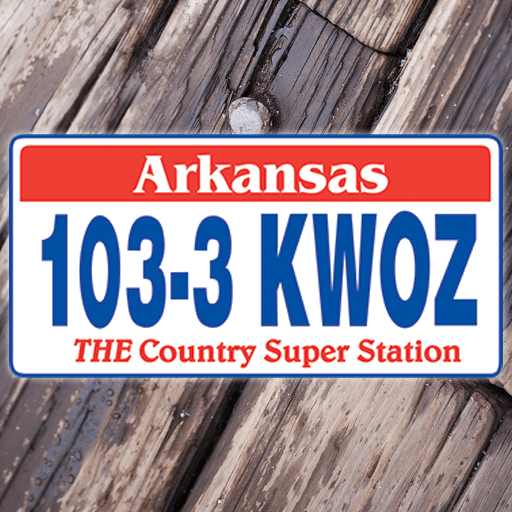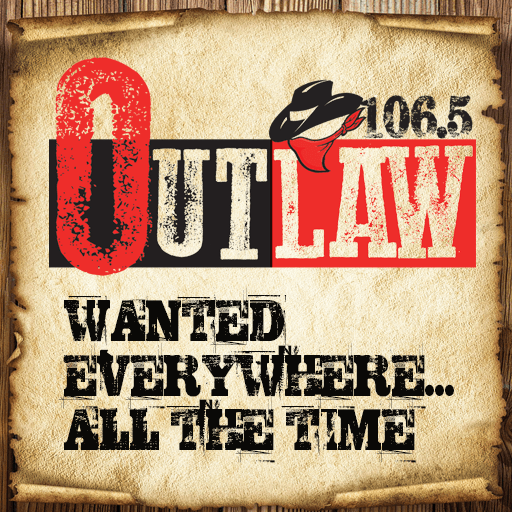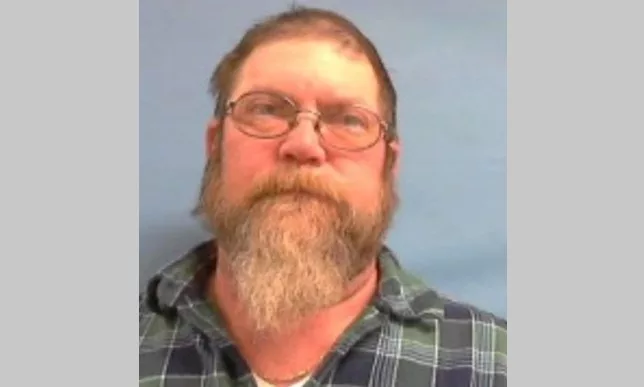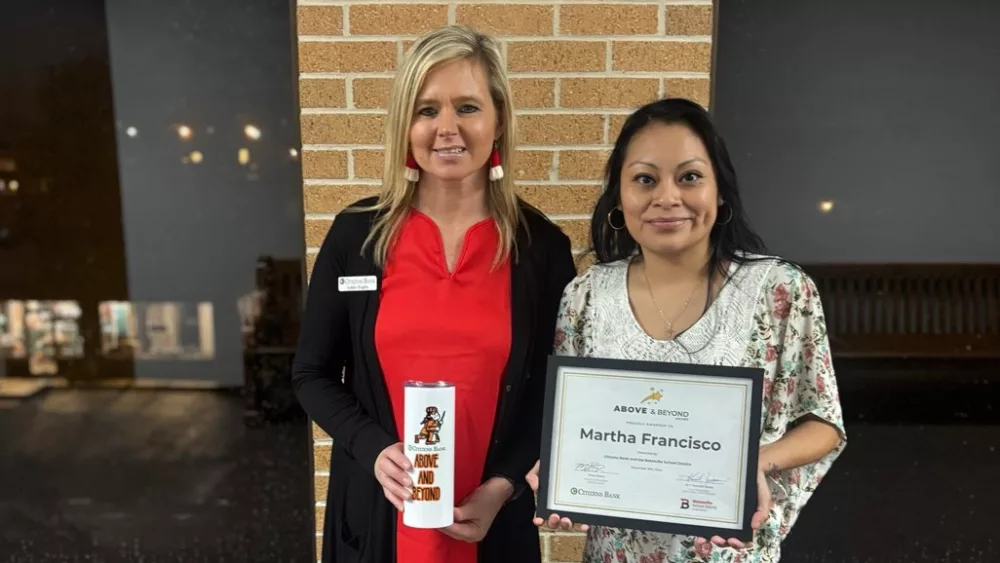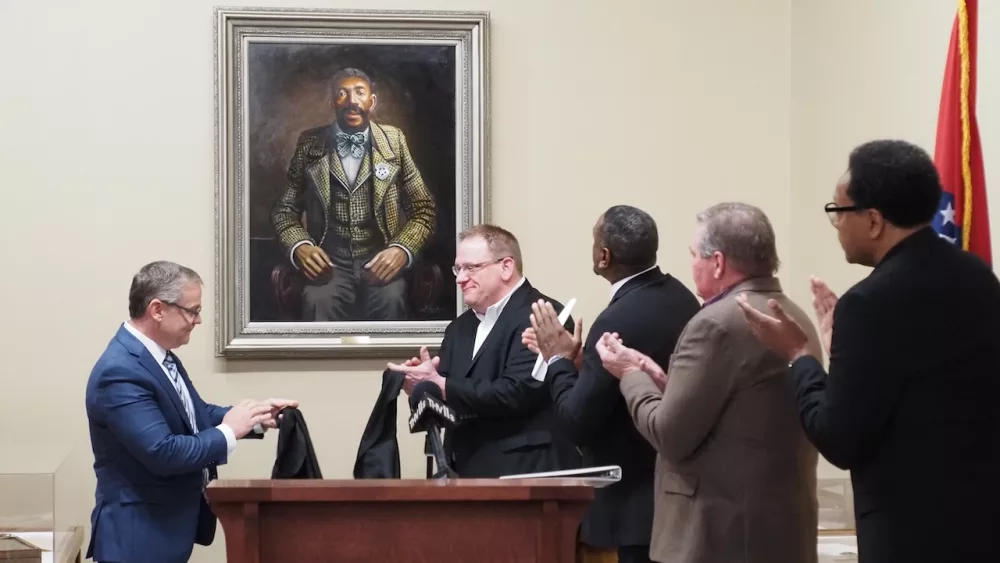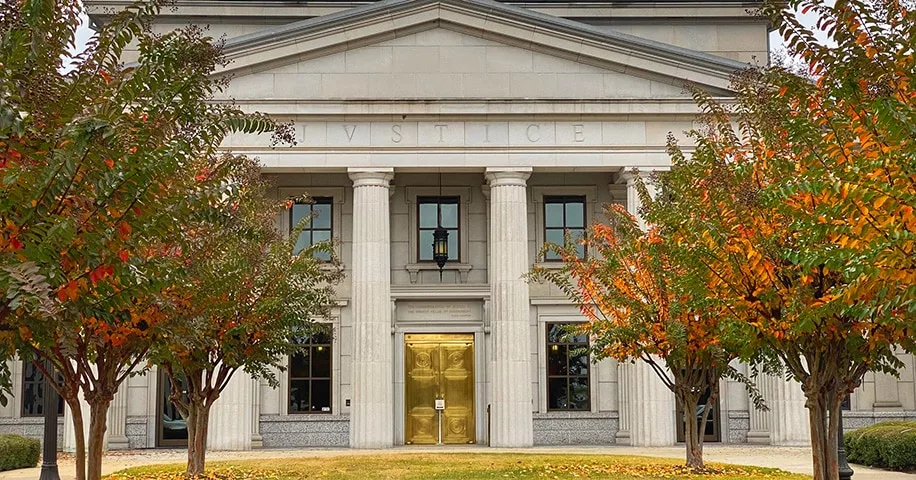
By Antoinette Grajeda, Arkansas Advocate
The group behind a proposed medical marijuana ballot measure asked the Arkansas Supreme Court Tuesday to vacate the secretary of state’s rejection of its proposal, require the counting of submitted signatures and certify the measure for November’s election.
Little Rock attorney Stephen Lancaster filed a 16-page complaint on behalf of Arkansans for Patient Access and ballot question committee member Bill Paschall that challenges Secretary of State John Thurston’s “thwarting of the will of the people their right to adopt laws by initiative.”
Petitioners also filed a motion to expedite the case, appoint a special master and for a preliminary injunction. Meanwhile, Protect Arkansas Kids, a ballot question committee opposed to the Arkansas Medical Marijuana Amendment of 2024, filed its own motions Tuesday afternoon, including one to intervene in the case and another requesting a separate briefing.
Thurston on Monday said his office validated 88,040 signatures in support of Arkansans for Patient Access’ measure, 2,664 short of the 90,704 required for a proposed constitutional amendment to qualify for the ballot.
In Tuesday’s complaint, Lancaster said Thurston refused to count thousands of signatures from Arkansas voters, and had they been counted, the proposed constitutional amendment would have been certified.
APA in July submitted more than 108,000 signatures in support of the proposal, which would make several changes to the state’s medical marijuana industry, including allowing health care providers to conduct patient assessments via telemedicine and eliminating application fees for patient cards.
The secretary of state’s office deemed 77,000 signatures were deemed valid, which qualified the ballot question committee for a 30-day cure period during which it could collect additional signatures.
According to Tuesday’s complaint, the ballot initiative process proceeded normally until APA received an Aug. 8 letter from Thurston stating his office “discovered” the group failed to comply with state law that requires a measure’s sponsor to certify that each paid canvasser has no disqualifying offenses. A canvassing company manager attempted to make the certification instead of APA, according to the letter.
While the 77,000 signatures previously certified would remain valid, the letter stated the standard would be applied to additional signatures submitted during the cure period. This meant, the complaint says, that any additional signatures submitted by Aug. 30, including about 18,000 gathered before the Aug. 8 letter, would not count if the required information for the paid canvasser was submitted by the canvassing company.
Lancaster called the situation “nonsensical” and said having an agent make the certification on a sponsor’s behalf was well known to Thurston and has been the practice for years. The Aug. 8 letter was the first time Thurston had taken this position, which Lancaster said “is unsupported by either fact or law.”
Additionally, while the secretary and attorney general claim the duties outlined in initiative statutes cannot be delegated, “they routinely delegated their own responsibilities under those same statutes to agents and dealt with agents of the sponsor in other situations when it benefited the Secretary and the Attorney General,” Lancaster said.
During the initiative process, the attorney general is responsible for certifying a ballot measure’s language, at which point sponsors can begin collecting signatures. The secretary of state is responsible for counting and validating signatures, and certifying measures for the ballot.
Unlike the duties assigned to initiative sponsors under state law, Lancaster noted the attorney general and secretary of state’s duties are mandatory. If Thurston’s argument is correct, Lancaster said, the secretary of state’s and Attorney General Tim Griffin’s own actions violated the laws that place specific duties on them, not their employees.
Additionally, if they believed their own arguments, they should not have dealt with sponsors’ agents as routinely as they did throughout the process, Lancaster said.
“The actions of the Secretary and the Attorney General demonstrate that their argument is incorrect and not grounded in fact or law,” he said. “It would be fundamentally unfair of the Secretary’s newly ‘discovered’ position to be imposed on APA at the eleventh hour of the signature collection process.”
Lancaster argued Thurston’s position violates the state constitution because the restriction would be “interfering with the freedom of the people in procuring petitions.” It also violates the due process clause of Arkansas’ constitution, he said.
The secretary’s position has already been rejected in another case he’s involved in, McGill v. Thurston, Lancaster noted. In this case, the Arkansas Supreme Court appointed a special master to make findings of fact and conclusions regarding the sufficiency of an initiative petition filed by the sponsor of another proposed constitutional amendment that would require a countywide vote before a casino license can be awarded in Arkansas.
The special master in his report rejected the argument that requirements of the statute in question may not be delegated to an agent. The Arkansas Supreme Court has not yet issued a ruling on the case.
APA informed Thurston on Sept. 23 that the findings and conclusions set forth in the special master’s report precluded him from rejecting signatures based on his claim that APA violated Ark. Code Ann. § 7-0-601(b)(3), according to the complaint.
Thurston’s letter that deemed the medical marijuana measure insufficient does not say why 10,521 signatures submitted during the cure period were rejected.
Lancaster argued the Arkansas Supreme Court should enter a preliminary injunction to order Thurston to count and verify all signatures that were rejected based on his position regarding a sponsor’s ability to delegate an agent in the certification process.
He also requested a preliminary injunction to require that all signatures submitted to the secretary be counted and verified, and to then certify the proposed amendment for the ballot “pending resolution of the ballot.”
Regardless of legal action, the medical marijuana measure will appear on the ballot as Issue 3 because the signature verification process was still ongoing on Aug. 22, the deadline for when all candidates and sufficient ballot issues had to be certified to the counties for the ballot.
If Thurston’s decision stands, votes for and against the measure won’t be counted. If his decision is overturned by the court, the votes would be counted.
The Arkansas Advocate is a nonprofit, nonpartisan news organization dedicated to tough, fair daily reporting and investigative journalism that holds public officials accountable and focuses on the relationship between the lives of Arkansans and public policy.
Have a news tip or event to promote? Email White River Now at news@whiterivernow.com. Be sure to like and follow us on Facebook and Twitter. And don’t forget to download the White River Now mobile app from the Google Play Store or the Apple App Store.
Get up-to-date local and regional news/weather every weekday morning and afternoon from the First Community Bank Newsroom on Arkansas 103.3 KWOZ. White River Now updates are also aired weekday mornings on 93 KZLE, Outlaw 106.5, and Your FM 99.5.




